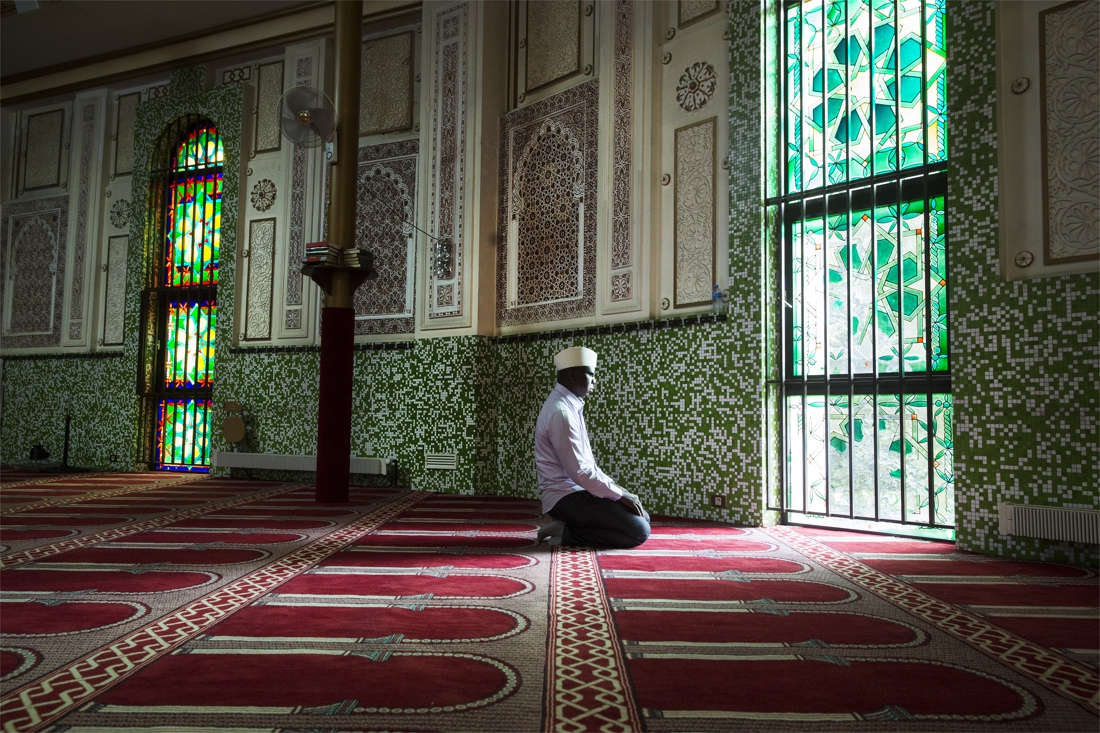From September 2021, Flanders will again recognize local faith communities. Flemish Minister for Society Bart Somers (Open VLD) has now prepared a preliminary draft decree that provides for new recognition conditions. One of the conditions for recognition is the prohibition of foreign funding or state interference.
–
Let’s go back to 2017, when former Flemish Minister of Internal Affairs Liesbeth Homans (N-VA) decided not to recognize local religious communities anymore. Dozens of requests from mainly Muslim, but also Protestant and Orthodox religious communities ended up in the fridge and were no longer processed.
According to Homans as minister she received insufficient information, there was too much uncertainty about the recognition criteria and their enforcement. A 2019 study by KU Leuven put forward a series of new criteria, including a five-year trial period and more financial transparency. But over the past year, it remained fairly quiet on the surface about the file.
At the suggestion of Flemish Minister of Society Bart Somers (Open VLD), the Flemish government has now given the green light for a preliminary draft decree with new recognition conditions. The decree must enter into force from September 2021. From then on, all recognized worship services will have one year to conform to the new rules. Future applications for recognition must go through a four-year process in which they are thoroughly screened and local faith communities are guided in their application.
Minister Somers: ‘In recent years, no religious communities have been recognized in our country and files submitted have not been processed. Local faith communities no longer knew where to stand. With the new recognition framework we offer legal certainty and we make it clear what we expect from the local religious communities. ‘
Screeningsdienst
One of the most striking conditions for recognition is the prohibition of foreign funding or state interference. Minister Somers speaks of ‘an evidence’.
Local faith communities are a vital ally in the fight against segregation. It is important that they are independent of foreign funding or state interference, ‘says Somers. In addition, ministers of a worship service must comply with the civic integration obligation and must not be influenced or financed by abroad.
Somers also wants to do something about the problem of supervision and the information flow. For example, there will be a Flemish information and screening service that must continuously monitor compliance with the recognition conditions and other obligations. This service will also be responsible for the exchange of information with State Security, the police and local authorities.
‘In this way there will be much better control, but we can also support local religious communities much better,’ says Somers. ‘We can deal with abuses faster and more firmly, but also protect and defend well-functioning communities when unjustified criticism is expressed.’
– .


